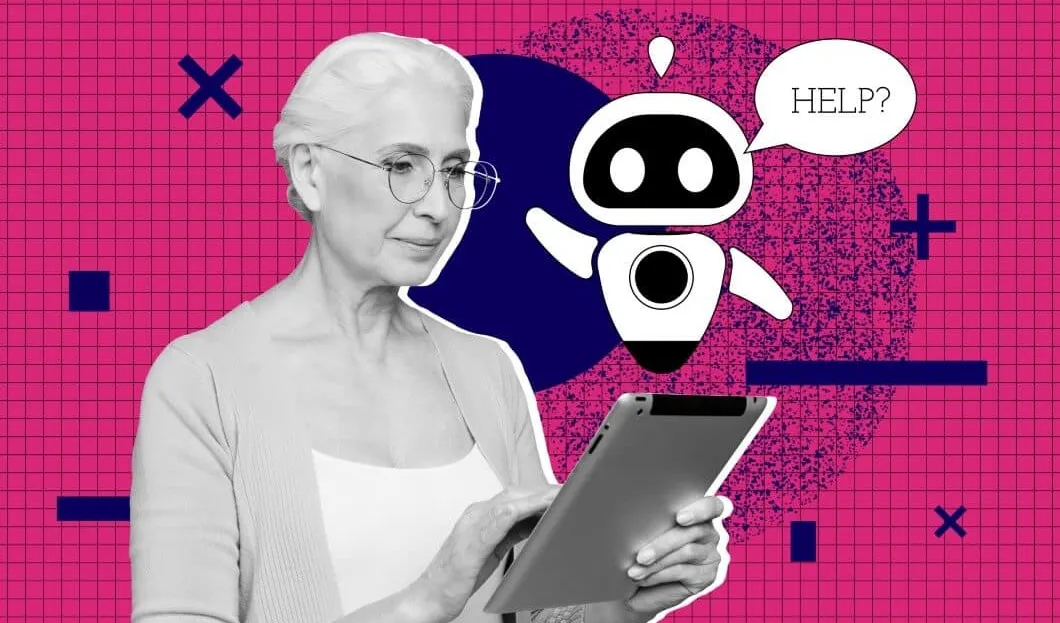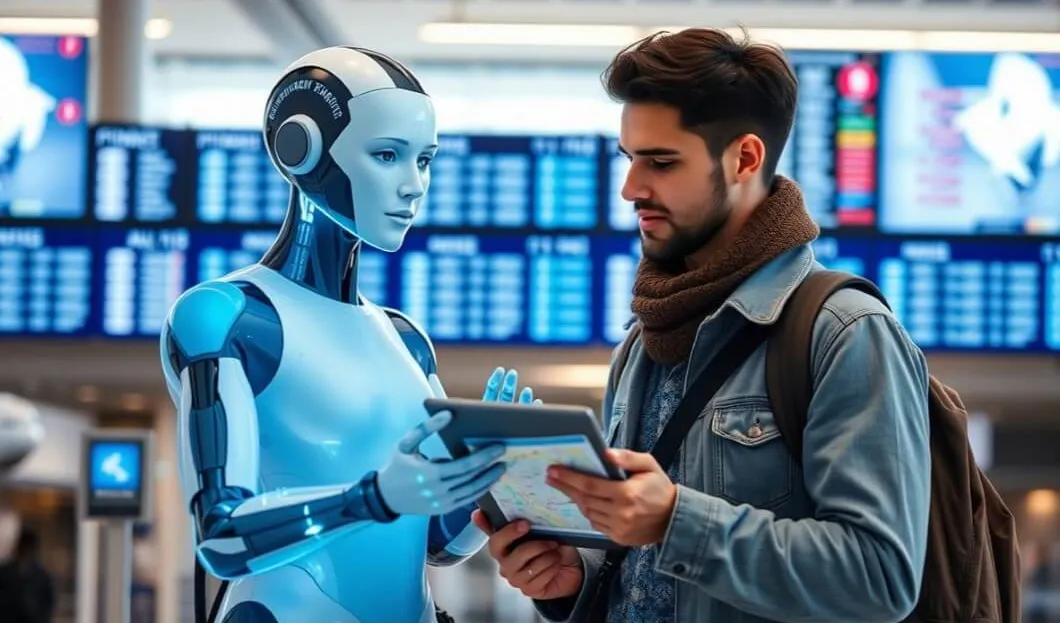
AI (Artificial intelligence) is currently significantly transforming the tourism industry. Much like the introduction of the Internet or smartphones, AI breaks down traditional practices, alters travelers' expectations, and drives companies to innovate. By the end of 2025, AI is expected to become a crucial tool for providing personalized experiences, automating processes, and enhancing the competitiveness of companies and organizations. Tourism Review presents the five significant AI trends redefining the tourism sector this year.












